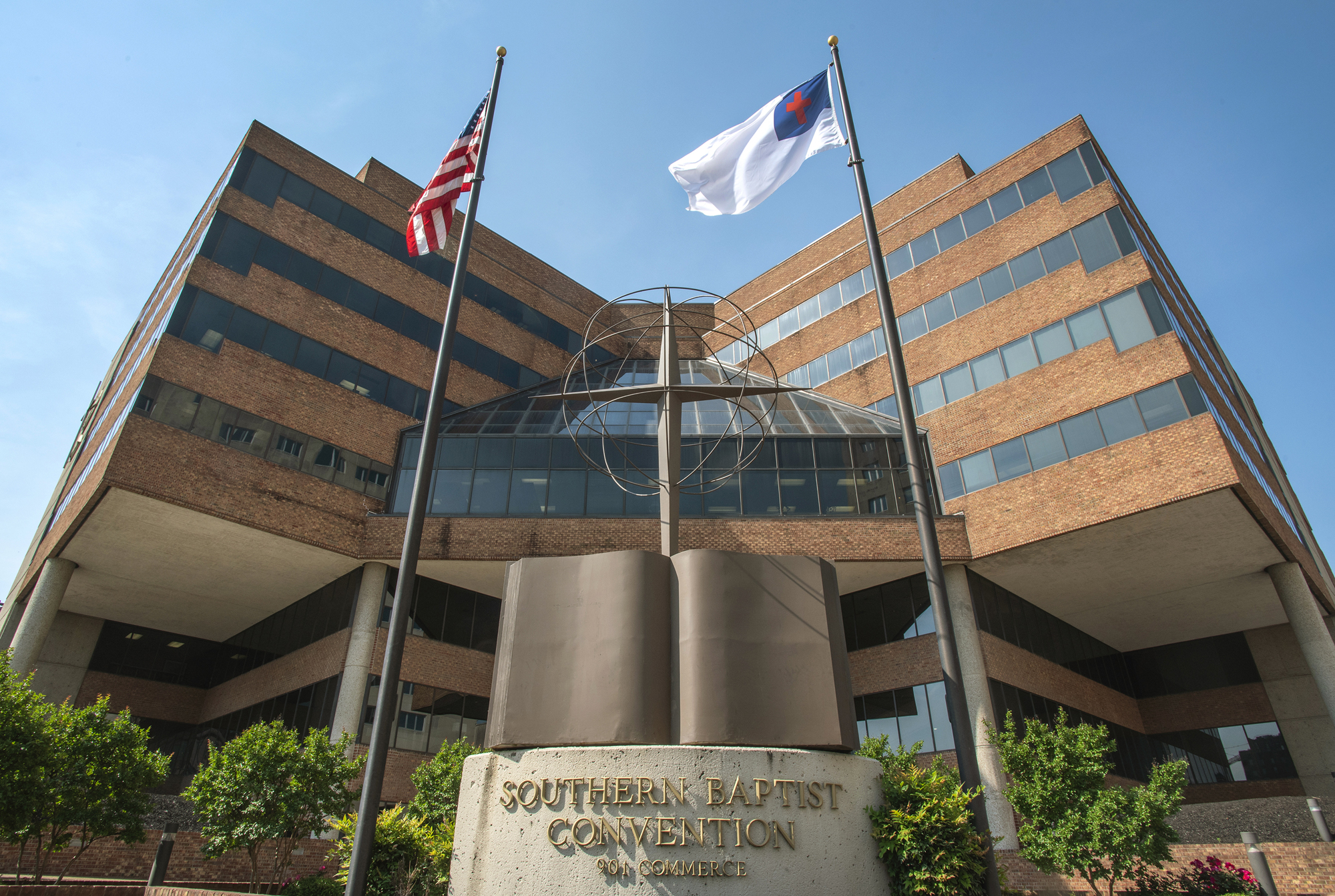Garner v. Southern Baptist Convention
Case Snapshot
Churches strive to protect their flocks from wayward shepherds. And many religious organizations require their cooperating churches to take that duty seriously. That’s true here, where the Southern Baptists Convention (SBC) requires cooperating churches to align with its Biblical beliefs on protecting church members from abuse. So when the SBC received an allegation that a pastor in a cooperating church had engaged in sexual misconduct, it asked the church if it knew about the allegation and if it had the required protections in place for church members. But then the pastor sued the SBC for defamation. This case concerns the First Amendment’s protections for the ability of religious groups to address alleged pastoral misconduct.
Status
Share this Case

Case Summary
A fellowship of churches rooted in faith for 180 years
Founded in 1845, the Southern Baptist Convention (SBC) is the largest Protestant denomination in the United States. It includes nearly 47,000 independent churches, with nearly 13 million members, who voluntarily cooperate to share the Christian faith, provide advanced Christian training at Baptist seminaries, and demonstrate the love of Christ through ministries such as disaster relief efforts and services to at-risk children and families. While each cooperating church is autonomous and governs itself, the SBC sets standards for “friendly cooperation” based on shared theological commitments. Those commitments include expectations for how churches respond to issues like abuse.
In 2022, the SBC received an anonymous report alleging that a pastor at a cooperating church had engaged in sexual misconduct. To ensure the church was remaining faithful to their shared theological commitments, the SBC sent a letter to the church asking whether it was aware of the allegation and how it addresses such situations.
The SBC dragged into court for protecting the faithful
After the letter was sent, the pastor named in the report—Preston Garner—sued the SBC, claiming the letter had harmed his reputation. But the SBC never published the letter publicly, never identified him publicly, and never took formal action against him. All it did was conduct an internal inquiry with cooperating religious bodies to ensure they were meeting their commitments to protect church members from predatory shepherds. The SBC argued in court that the First Amendment protected its right to do that. But a Tennessee trial court and an appeals court allowed the case to move forward—opening the door for courts to second-guess how churches respond to serious allegations within their congregations, and discouraging churches from addressing allegations of abuse.
The Tennessee high court steps in
In June 2025, the Tennessee Supreme Court agreed to hear the case. At stake is whether churches, denominations, and other religious organizations can be dragged through litigation over how they investigate allegations of pastoral abuse within their own ministries. Becket argues that churches must remain free to protect their faith communities from abuse without facing intrusive and costly lawsuits. The Tennessee high court now has the opportunity to affirm what the U.S. Supreme Court has long made clear: civil courts have no business interfering in how churches govern themselves, particularly when it comes to internal decisions rooted in faith.
Importance to Religious Liberty:
- Religious Communities: Churches and religious organizations have a right to live, teach, and govern in accordance with the tenets of their faith. When the government unjustly interferes in internal church affairs, the relationship between church and state is threatened. The First Amendment ensures a church’s right to self-definition and free association.